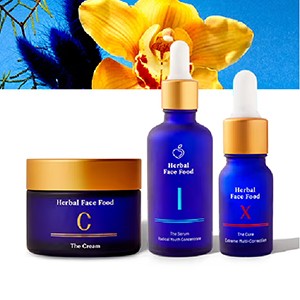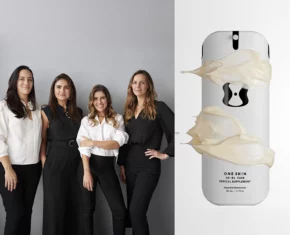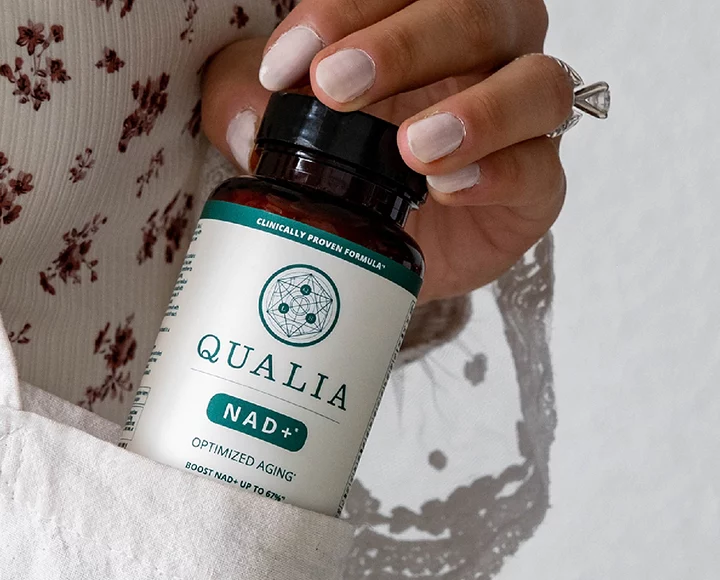Trust your gut, it’s smarter than you think. Understanding the gut-brain connection opens up a whole world of “ah ha!”, especially when it comes to decoding the connection between our mood and our health! Did you know that 90% of our “feel-good” brain chemical called serotonin lives in the gut?
We’ve spent all month learning how to nurture our “inner ecosystem” with Guest Editor and founder of Body Ecology, Donna Gates. Now that the inspo is embedded and our refrigerators are stocked for success, we’re taking on a deeper lesson in how it all ties together. From sciencey facts to familiar feels, here’s Donna on the gut-brain connection and how we can get to know it better. There’s a lot to be said on this topic, for the full scoop, we highly recommend Donna’s book, The Body Ecology Diet.
As medicine moves forwards, there’s an increasing trend to treat the whole body – not just its individual parts. This is because science tells us that all these parts are connected, some more than others. One connection that has sparked interest over recent years is the relationship between the gut and the brain. As it so happens, the gut and the brain have a lot in common and they have a knack for talking to one another – like a couple of good friends. If this both baffles you and explains so much, keep reading and pick up some fun facts about your gut, your brain and the link between…
The Gut-Brain Connection
For some time, we’ve known that the brain and the gut share a special connection where one impacts the other. For example, any stress or inflammation in the gut will show up in how you feel on an emotional level. Likewise, head trauma/depression is linked to a leaky and inflamed gut. The real magic in all these discoveries involves probiotics – researchers even have a name for probiotics that specifically affect mood: They’re called psychobiotics. This is a clue about just how important gut health and these microbes are to our emotional well-being.
Why You feel it:
10 Sciencey Facts
We have ten times more microbes than human cells in our bodies.
The microbes in the gut and brain speak to each other.
Neurotransmitters in the gastrointestinal tract affect serotonin levels.
“Microbe medicine” gets to the root of the disorder and establishes balance to the many ecosystems that your body contains.
Researchers found microbe-free mice have decreased immune systems compared to their microbe-diverse counterparts.
Researchers found microbe-free mice are more anxious than their microbe-diverse counterparts.
Reduced biodiversity of intestinal bacteria is common today due to antibiotic use and an increase in C-section births.
The microbes we receive at birth can shape brain development. Infants born vaginally through the birth canal have a different team of microbes than those born by Caesarean section.
A number of immune-related conditions, such as allergies or antibiotic-resistant Staphylococcus infection (MRSA), have been associated with C-section births.
How you Feel It:
Mood + Mentality
The gut and the brain share an undeniable connection; sorta like how you beeline to your cell phone to check your Instagram account during downtime. BFFs from the moment you took your first breath, gut bacteria shape your mental mood – likewise, mental stress will literally change the tribes of bacteria living in your gut.
Like any good relationship, there’s a lot of give and take between your gut and your brain. In this case, we’re talking about high-fives between your immune system and brain chemicals. Even though one lives in your torso and the other lives in the head, the gut and the brain are made of similar stuff: nerve cells and chemicals.
Ever heard of a feel-good brain chemical called serotonin? Well, over 90% of it lives in the gut. A leaky, inflamed gut makes you cranky. Literally. Feeling glum, gloomy or spazzy? Pop a probiotic – they actually help produce feel-good brain chemicals. Regular, well-formed bowel movements also work wonders for your mood (just be sure to avoid quickie shortcuts like laxatives).
When in doubt, trust your second brain. Go with your gut.












